Climate Change Begins at Dinner
Immediate action starts with what we choose to eat

In my mind, 2019 was the year of polarization and anger. From divisive politics to a sixteen-year-old girl admonishing world-leaders with the words “How dare you,” we bowed and worshipped at the altar of righteous indignation.
By nature, humanity can be hypocritical and the perfect specimen of irony. Let's take a moment to reflect on "How dare we." Let me explain.
How dare you tell me to buy a re-usable straw to save the turtles while you turn on the barbeque to cook burgers without batting an eye.
One pound of beef uses 2,500 gallons of water, 12 pounds of grain, 35 pounds of topsoil and the energy of one gallon of gas. Compare that to a humble pound of soybeans, which uses a mere 216 gallons of water. This does not include the climate effect of the methane gases cows emit, the land erosion, the clearcutting of forests, the pollution of rivers, which are all results of the animal agriculture industry. A UN study in 2006 concluded that animal agriculture was a major industry in leaving a carbon footprint. Hard to fathom.
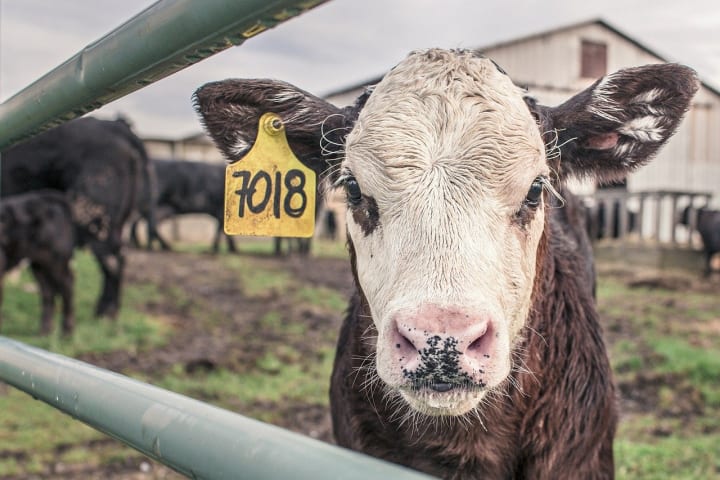
Another interesting fact is, one pound of beef has 118 grams of protein, while the mighty soybean outweighs the punch, coming in at 163 grams; it is definitely more bang for your buck.
Seventy percent of US grain is fed to livestock. Five million acres of rainforest are chopped down every year in South and Central America alone to create cattle pasture and roughly 20% of all currently threatened and endangered species in the US are harmed by livestock grazing. And finally, America’s farm animals produce 10 times the waste produced by the human population.
Although not directly related to climate change, another perspective to consider is that many of us have mourned the tremendous loss of animal life in the Australian bush fires. However, according to PETA, that loss equals the number of animals slaughtered for meat every few days. Even if that statistic is an exaggeration, it is still staggering to think about.
How dare you tell me to carefully separate my cardboard from my plastics to put neatly in blue bins on collection day, only to pop out later for some fish and chips.
We have been overconsuming fish for years, and the world’s major fishing areas have reached or exceeded their natural limits. Not to mention that one-third of the world’s catch is given directly to livestock. ..yes, that's right, one-third.
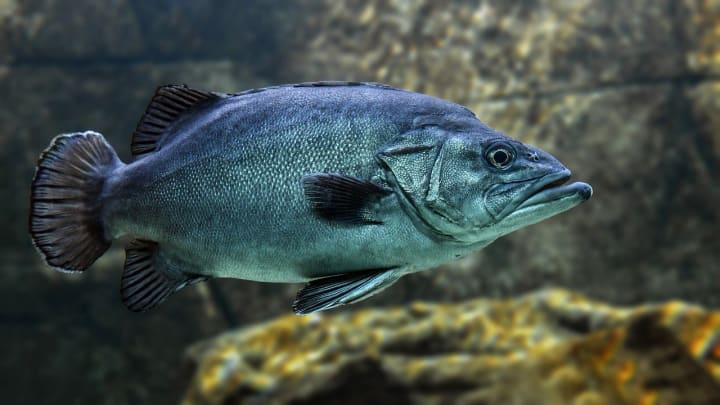
How dare you tell me to ride my bike to work once a week or buy a reusable shopping bag, yet you think nothing of going out for wings or dip bacon in chocolate or cook a Sunday roast.
One-half of the earth’s land mass is grazed by livestock with more than 60% of the world’s grazing spaces negatively affected by overuse during the past 50 years, making overgrazing the biggest cause of desertification. Thirty-five pounds of topsoil are lost in producing one pound of grain-fed beef, and only 2% of US cropland produces fruits and vegetables. To put it in perspective, here are the statistics for pounds of food that can be produced on an acre of land: apples 20,000; carrots 30,000; tomatoes 50,000; potatoes 40,000; beef, an astounding 250.
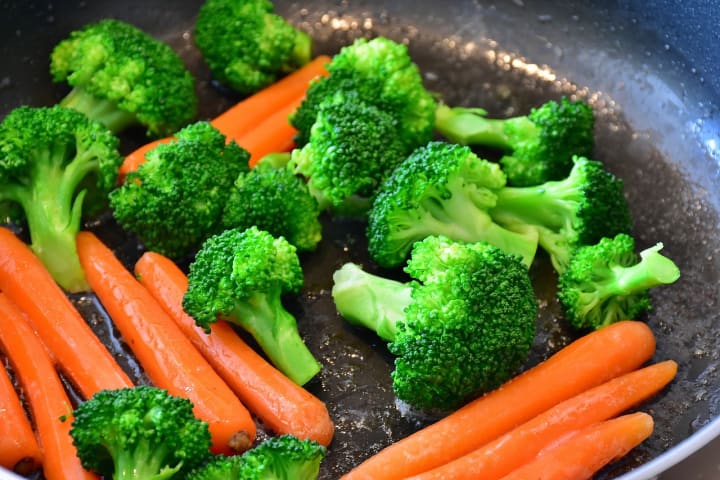
How dare you tell me to buy a new outfit from a thrift shop when you are selling hotdogs to raise money for a climate charity.
Telling me to turn off my LED light or use less water when I brush my teeth or bike instead of drive are all wonderful steps we all should take when looking to save this blue orb we call home. However, we have dared to keep blinders on to the massive effect that animal agriculture has on our earth.
We often look to governments, transportation, and things like reducing single-use plastics to make a dent in climate change, yet one of the most immediate and effective things you can do today to make our planet more sustainable is to embrace a plant-based diet. It is time that individuals, governments and industries wake up.
You can begin right now at supper. Isn’t it ironic that compassion for the inhabitants of this earth might also be the most compassionate thing for the earth?
We can begin changing the climate one bite at a time. Start with supper. I dare you!

Some sources:
http://www.earthsave.org/environment.htm
https://www.sixdegreesnews.org/archives/10261/the-carbon-footprint-of-a-cheeseburger
http://www.earthsave.org/environment.htm
https://www.peta.org/blog/australia-fires-vegan-climate-change/
About the Creator
Heather Down
I am an observer of life through the lens of middle age. Owner of an independent publishing house and a published author, I spend my time obsessing about all things communication. Follow me at Wintertickle Press.


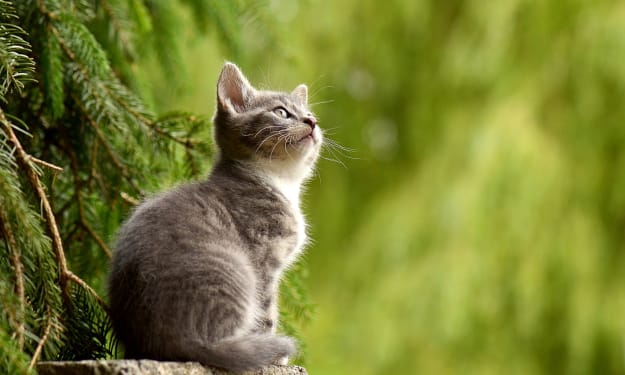

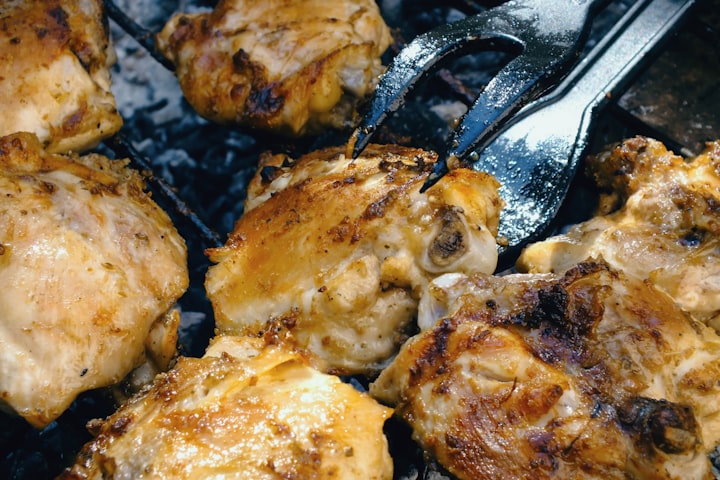

Comments
There are no comments for this story
Be the first to respond and start the conversation.